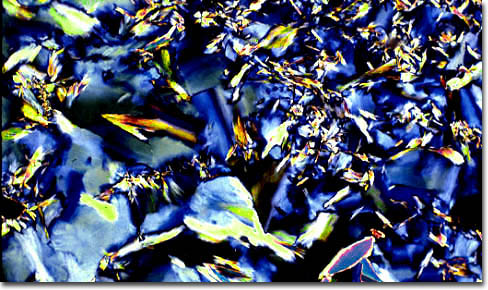|
Believed to be a dietary staple of prehistoric man, the onion has long been valued for its easy cultivation, simple storage, and transportability. To the ancient Egyptians, the vegetable was considered a symbol of eternity and often placed in the tombs of Pharaohs. Some early civilizations also considered the onion an aphrodisiac, which seems surprising today due to the reputation the vegetable has for leaving one with notoriously bad breath. Similar to most vegetables, onions are an excellent source of nutrition, providing significant amounts of vitamin C, potassium, dietary fiber, vitamin B6, and folic acid, as well as calcium and iron. Studies have also indicated that some onions possess anti-bacterial properties and contribute to anti-platelet and blood thinning activities when consumed by humans.
|
